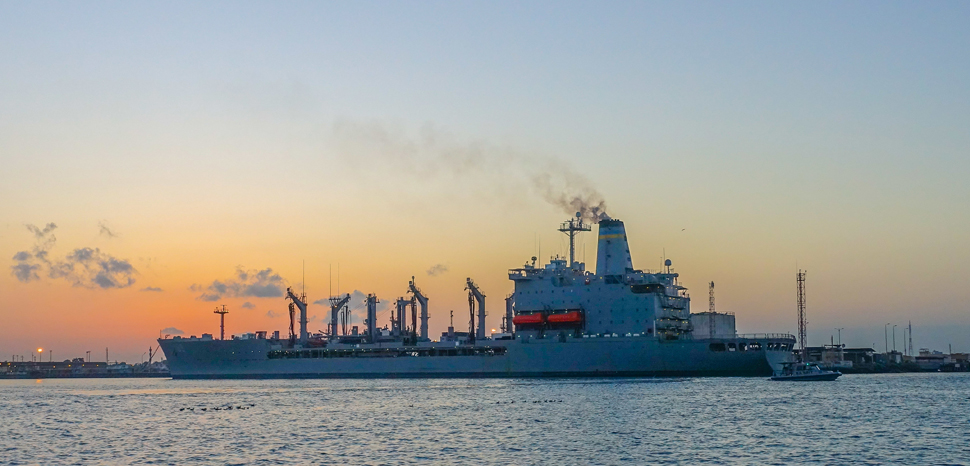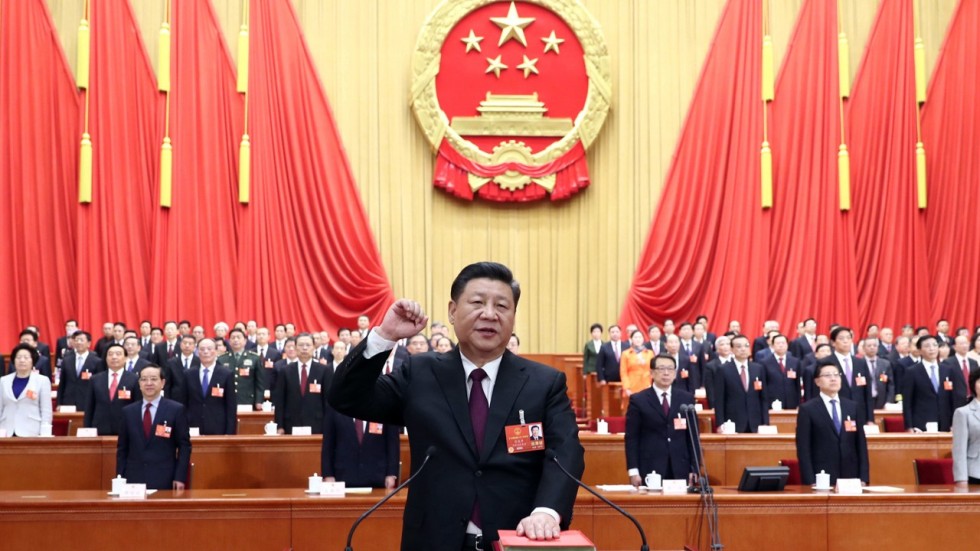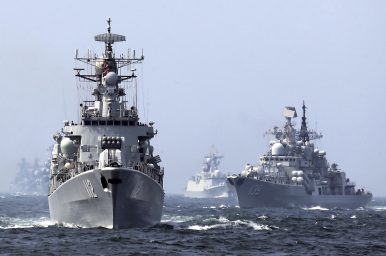S. Binodkumar Singh
On September 15, 2018, thousands of Grand National Coalition of Afghanistan (GNCA) supporters closed the provincial offices of the Independent Election Commission (IEC) in Herat, Balkh and Kandahar Provinces after the Government and the IEC failed to positively respond to their demands. On August 10, 2018, GNCA set a 10-day deadline for a response from Government to meet their demands, including the use of a biometric system for elections, a change in the election system and a transparent poll across the country. GNCA also warned that it would close the IEC offices in Nangarhar, Kunduz, Bamiyan, Panjsher, Faryab and Jawzjan Provinces, if their demands were not met.
Further, on September 17, 2018, supporters of GNCA set up tents and closed the provincial election office in eastern Nangarhar Province, launching a sit-in protest. Later, Police arrested 16 GNCA supporters on charges of disrupting the provincial election office and removed the tents.







/arc-anglerfish-arc2-prod-mco.s3.amazonaws.com/public/LEZKVJQMBVCRRJ5GZMYDDQBQIQ.jpg)









/arc-anglerfish-arc2-prod-mco.s3.amazonaws.com/public/B3ILI6JBWZCAPPMZSF2UE7P62U.jpg)